Posted on June 15, 2022
Updated on March 10, 2023
6 min read time
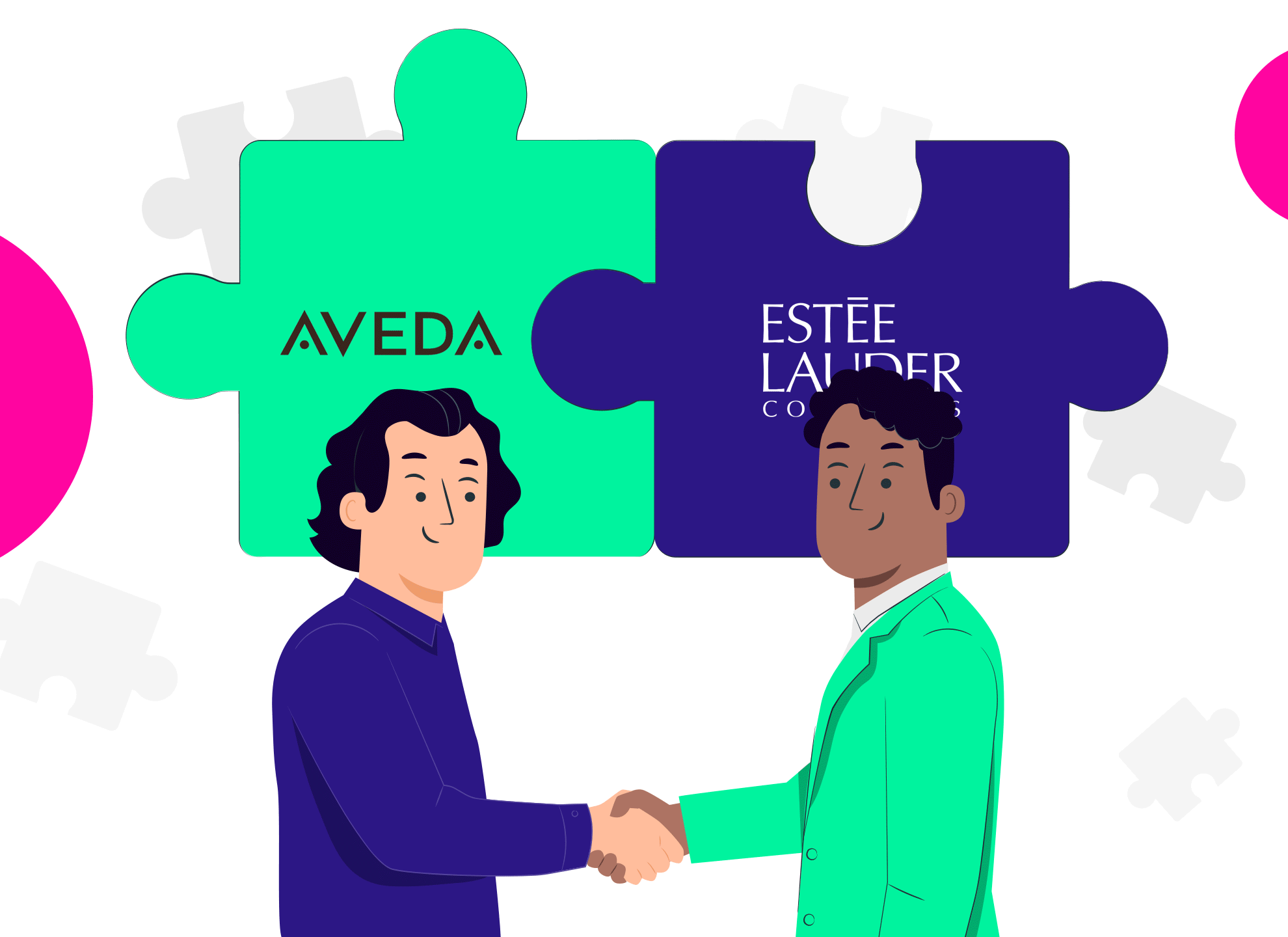
New challenger brands are cropping up all the time in the beauty space, but what you might not know is that many are owned by large conglomerates.
More and more of these independent brands are now being acquired by the likes of Unilever and Estée Lauder.
It might surprise you to find out that ethically conscious beauty brand, Aveda is owned by Estée Lauder, bareMinerals and Drunk Elephant sit within Shiseido and SheaMoisture is owned by Unilever.
These acquisitions can be a difficult experience for consumers, who may see these brands as less authentic, as they are effectively selling out to bigger corporations.
Yet, acquisitions aren’t an entirely negative thing, since they give these brands the opportunity to benefit from bigger budgets and broader audiences.
But getting into a partnership with any brand is a risk – and especially so for the more socially conscious brands, who have built reputations off championing causes like clean beauty and sustainability.
So, what happens when the acquired brand has contradictory values to its parent company?
Can they instigate more positive change through this partnership or, will they be forced to conform? And how can challenger beauty brands stay true to their purpose and fans once acquired?
In this blog we’ll be exploring:
It’s not uncommon to see consumers speaking out when their favorite brands get bought out by corporate giants.
Acquisitions can lead to a loss of confidence in a company and a reduction in market share. In extreme cases, where consumers are more vocal about their feelings, it can also inspire a domino effect, where a large group of your consumers stop buying from your brand.
Yet, there are some real benefits that come with stepping out of your comfort zone and partnering up with a bigger brand.
The benefits of a new partnership
It’s important to understand why these brands might be enticed towards these larger organizations.
For one, the additional capital and resources help to add financial stability and provides additional opportunities for growth. In a time of post-pandemic uncertainty and inflation this is extremely valuable.
If the larger brand operates within the same space, it can also provide marketing expertise, a much wider network of suppliers and distributors, as well as potential new consumers for the smaller brand.
Yet, there’s always the risk of alienating your existing consumers once you enter into a new partnership. The key to retaining these relationships is remaining true to your core brand proposition and values, and never wavering on your authenticity.
Let’s see whether Aveda, bareMinerals, Drunk Elephant and SheaMoisture have been able to hold onto their authenticity despite their new partners.
Aveda
Horst Rechelbacher created Aveda in 1978 after being inspired by his travels to India. What’s so special about Aveda is the brand’s connection to Ayurvedic medicine (a natural system of medicine that is the one of the world’s oldest holistic healing systems).
In 1997, Estée Lauder acquired Aveda and fortunately the brand’s mission has remained unchanged. They continue to produce vegan, cruelty-free and plant-powered products, using green ingredients, sustainable packaging, and manufacturing that is 100% wind powered. Recently, the brand even received approval under the Cruelty Free International ‘Leaping Bunny Programme’, which requires brand to meet rigorous criteria in order to qualify.
Clearly, this acquisition has been a success for Aveda – fuelling the brand’s international expansion and spreading their mission beyond their audience through the help of Estée Lauder’s distribution channels.
Estée Lauder even supports Aveda’s own charitable initiatives, like the Kailash Satyarthi Children’s Foundation in India which prevents children from exploitation.
There is hope that in scaling after an acquisition, both companies will band together to make a positive difference in the world (or at least in the industry they operate in).
There is also the potential for the smaller company to take advantage of the specialist technology or resources that the parent company has access to. Estée Lauder jumped on the blockchain bandwagon early on, which has been useful to Aveda as a way to source vanilla from Madagascar in a responsible and sustainable way.
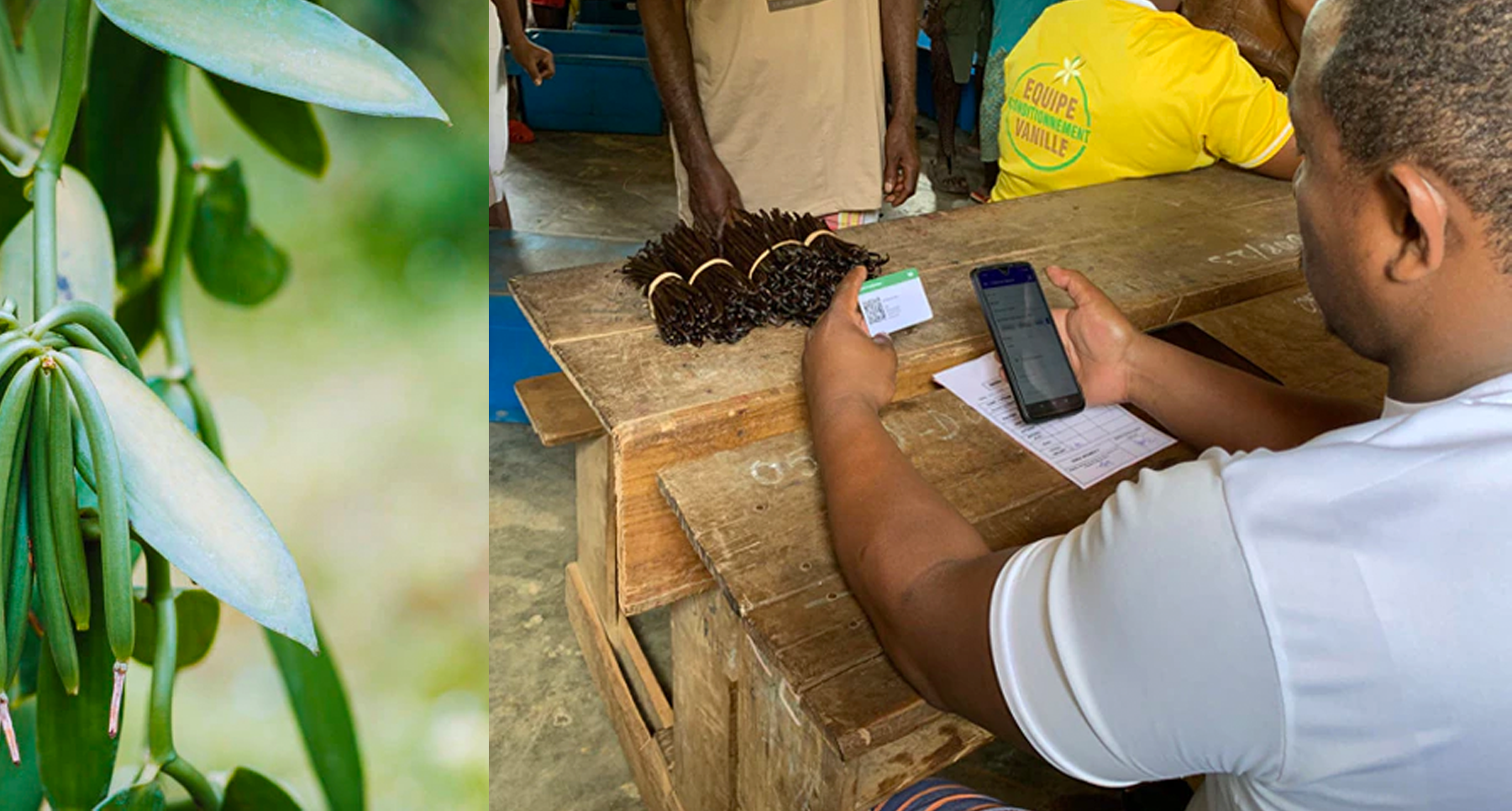
Ultimately, this partnership has provided Aveda with more transparency and resources, which has helped to build trust with suppliers, consumers and investors alike.
bareMinerals
bareMinerals was founded in 1995 and was a pioneer of the mineral-based cosmetics category, which was undergoing tremendous growth at the time. They position themselves as “makeup so pure and clean, you can sleep with it”, which was a revolutionary concept to consumers at the time. They strongly believe in “the power of good”, much like Aveda, and are 100% cruelty-free.
Shiseido acquired bareMinerals in 2010, along with multiple technology brands, like MATCHCo (a personalization start-up that specialized in artificial intelligence for beauty).
This partnership gave bareMinerals access to cutting edge technology, which they later used to innovate highly customized foundations - jumping on the personalized beauty trend early on to meet the demands of their consumers.
They also launched an app to complement their products, which provided super precise skin-tone analysis after a few straightforward scans. Users were guided by a virtual make-up artist to find their perfect tone and the end result was a highly personalized, custom-blended, ‘made to fit’ foundation. With such differentiated products, it’s unsurprising that bareMinerals is renowned for its quality and innovation.
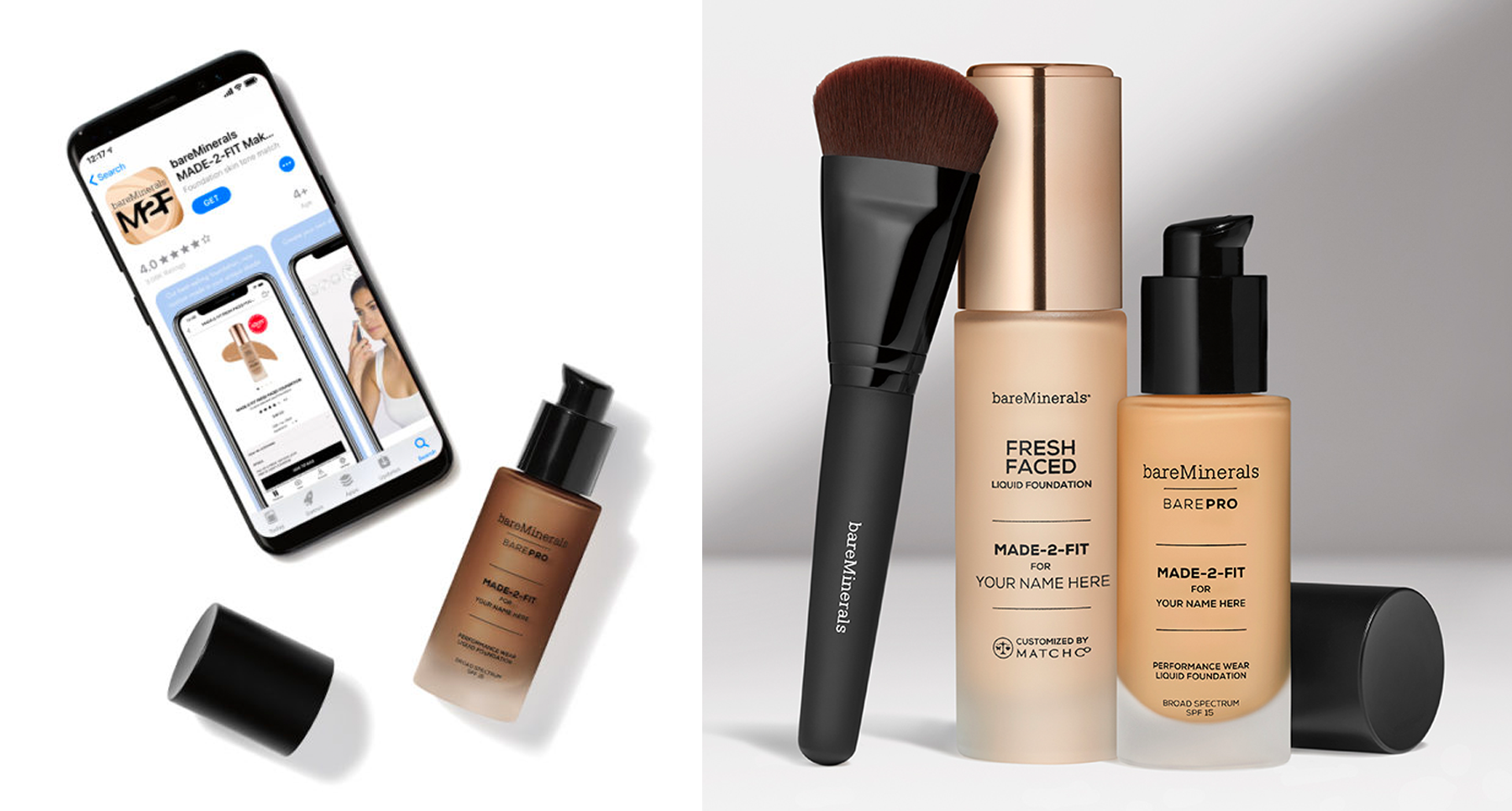
With all the challenges that came with COVID-19, Shiseido had to make some divestments in order to manage their cash flow more effectively. One of these was the decision to sell bareMinerals to an organization called Orveon (run by beauty veteran, Pascal Houdayer). It’ll be interesting to see how the brand continues to develop under new leadership.
Drunk Elephant
To embrace the dominance of the rapidly growing skincare market, Shiseido decided to acquire Drunk Elephant in 2019.
Drunk Elephant was founded in 2012 by Tiffany Masterson, who was ahead of the game with the clean beauty trend. Masterson believes strongly in ingredient transparency, and this is evident in all of Drunk Elephant’s products, which are free from essential oils, drying alcohols, silicones, chemical sunscreens and fragrances, dyes and sodium lauryl sulphates. They are also certified by PETA and Leaping Bunny.
Masterson was careful to provide reassurance to consumers after the brand was acquired, releasing a statement to explain how they will benefit from this new parent company.
She explained how Shiseido would help Drunk Elephant to be; more sustainable, expand into new and existing markets on a global scale, take advantage of their larger platform and take a greater stand on issues they are passionate about (like anti-bullying).
One of the main focuses for Masterson is fully recyclable packaging. Currently, Drunk Elephant incentivizes customers to refill containers and the team are working on more sustainable packaging options.
Drunk Elephant can now turn these dreams into a reality, taking advantage of Shiseido’s resources, like their Global Innovation Center and Digital Center of Excellenc e. The sheer wealth of knowledge they have access to could help them to innovate their packaging and find the most sustainable solutions possible, as per their goals.
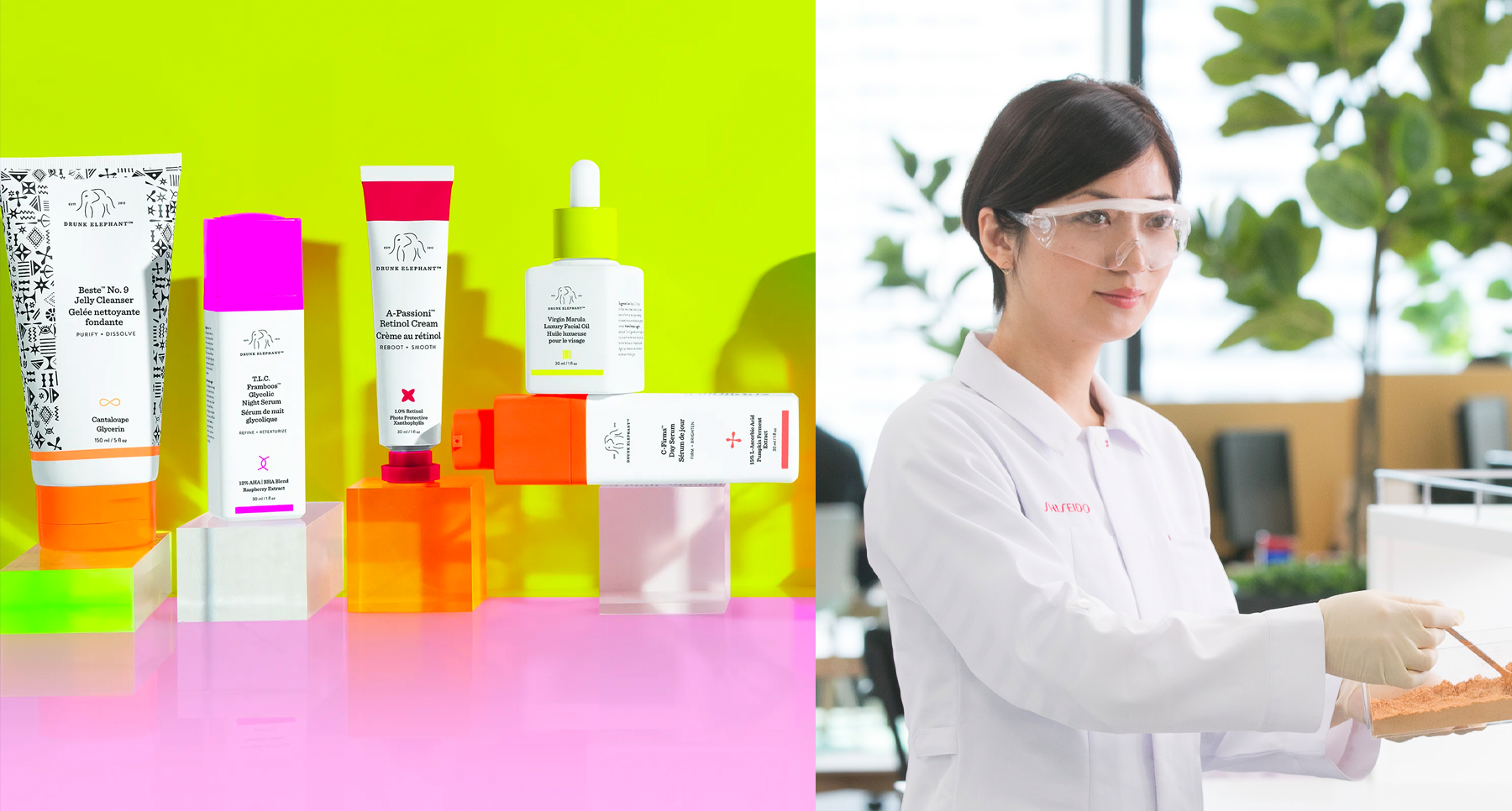
Shiseido is also the first Japanese company to take part in the SPICE (Sustainable Packaging Initiative for Cosmetics) initiative, and as of 2020, they have developed the world’s first biodegradable polymer PHBH™ cosmetics container. It’s likely this new parent company will propel Drunk Elephant to a new level of growth, empowering the brand to reach its goal of becoming a fully sustainable beauty brand.
Sundial Brands (SheaMoisture)
Sundial Brands (which includes SheaMoisture, Nubian Heritage, Madam C.J. Walker and nyakio) is a popular haircare and skincare brand known for their culturally authentic ingredients and inclusivity.
They fill a very important gap in the market as, the brands meet the needs of people of colour, and they have been awarded for their corporate social responsibility. Not only are they certified by B Corp and Fair for Life but they also have a purpose-driven business model, which creates opportunities for economic empowerment via their supply chain and focuses on women’s empowerment and education.
Sundial was acquired by Unilever in 2017 and received a negative reaction from some of the brand’s consumer base, especially since it would technically mean the business was no longer black-owned.
Richelieu Dennis, founder and CEO, believes that Sundial and Unilever share a purpose-driven ethos and that the acquisition would help them to make an even bigger impact on social and economic empowerment. He highlighted how Ben & Jerry’s flourished under Unilever’s leadership, retaining their socially conscious values while experiencing more growth.
Dennis even used some of the proceeds from the sale to launch the New Voices Foundation, which invests in women of colour entrepreneurs. Unilever and Sundial Brands also invested $100 million towards this initiative. $100 million towards this initiative.
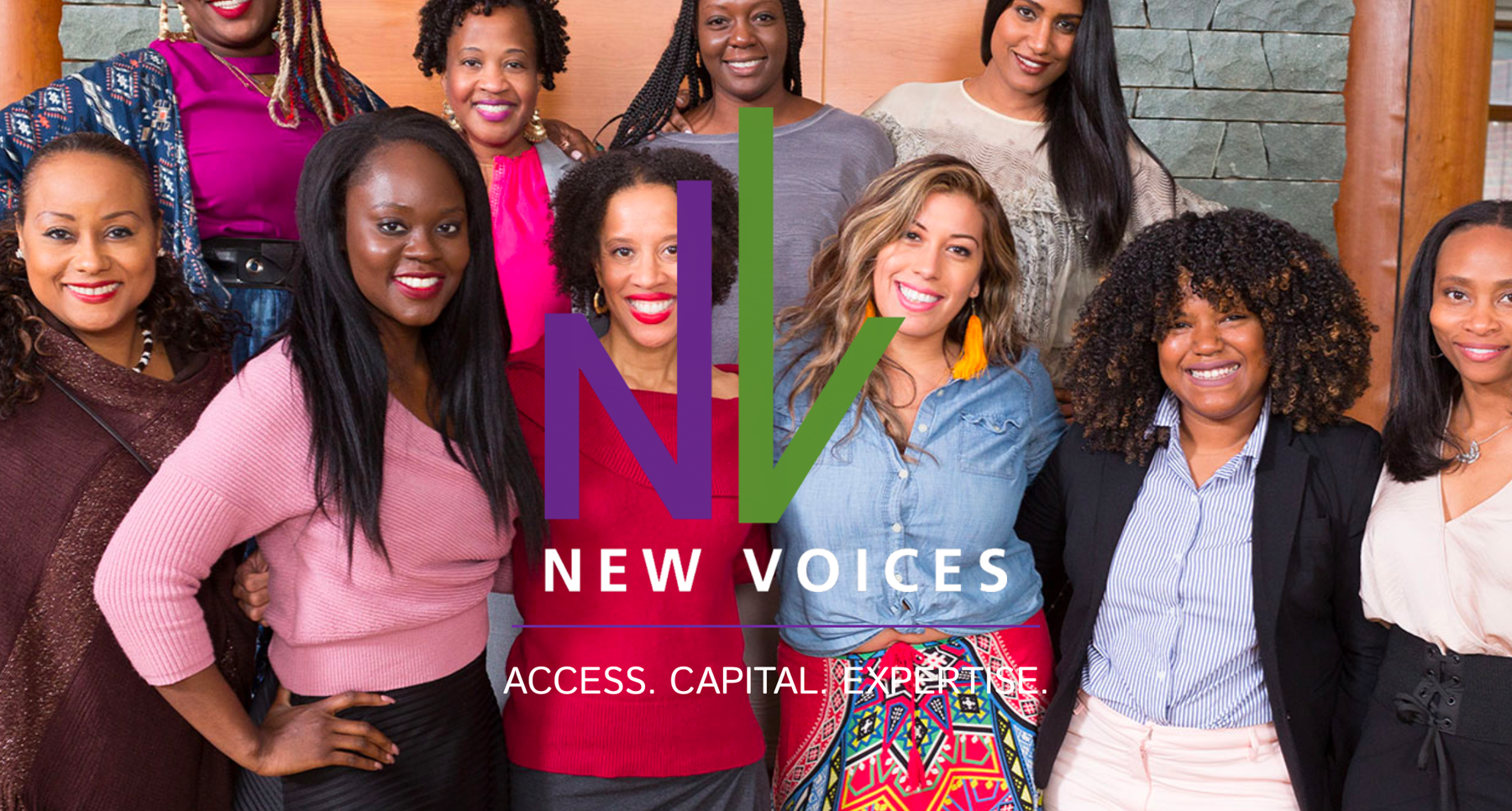
SheaMoisture now has a new CEO – but Dennis’ sentiments are still widely felt throughout the brand. Their 2020 campaign, “It Comes Naturally” was conceived by Black creatives to celebrate the beauty and resilience of Black women. At the peak of the ‘Black Lives Matters’ movement, other Unilever companies consulted Sundial Brands to develop their advocacy and social justice networks.
Sundial Brands have also played a part in discrimination campaigns and bail-out funding – showing how access to more capital has helped the brand to tackle wider societal issues.
How can your brand retain authenticity under new leadership?
1) Take advantage of your partner’s economic resources and distribution channels to broaden your audience to bring in more people to your charitable initiatives.
2) Use the additional capital to invest in technology that enhances the performance of your product, solves key customer painpoints and reduces friction in the buying process.
3) Turn your business vision into a reality by using your partner’s network and foundations to grow at a faster rate.
4) Stay true to your proposition and values - even as new leadership is taking shape - by adopting changes at a slow and steady pace to retain your core brand essence.
5) Reinforce your brand’s commitment to your social mission and causes, explaining clearly how this new partnership will benefit that before consumers have to come up with their own explanations.
Consumers can often perceive brand acquisitions as a negative but when we take a deeper look, you can see there are huge gains to be made from these partnerships. Having the backing of a bigger brand can mean challenger brands have the resources they need to be even more authentic and purpose driven.
What is important here is that these resources are used in the right way, and that your brand communicates what this new partnership means in order to accurately set consumer expectations.
If you're interested in seeing how beauty brands are tapping into a new market opportunity - men's cosmetics - download this category report!
Our intelligent platform will take your brand further, faster.
Don’t believe us?
© 2020-2023 ProQuo AI International
All rights reservedWebsite by Blend